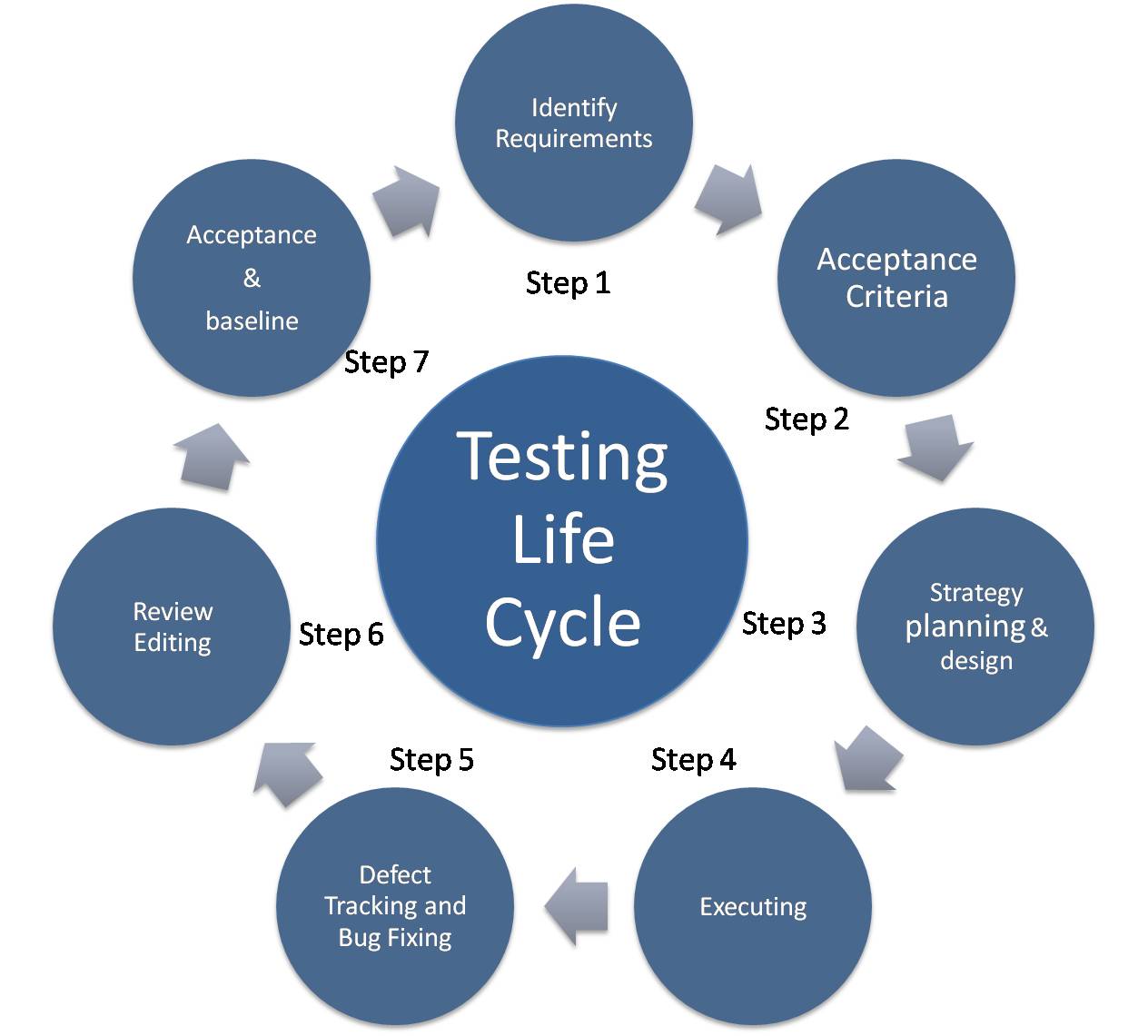Quality Assurance is the systematic process of testing the software service or software product whether it is developed according to the given requirements. QA is a process-driven approach that facilitates and defines goals related to product design, development and production. QA's primary goal is tracking and resolving issues prior to product release.
Companies hire and work with dedicated QA departments, which increases customer confidence and credibility and improves efficiency and overall work processes. Measurability is the key to QA. Products are tested and evaluated to determine whether they meet required performance specifications. QA may require many iterations and involve production delays.



